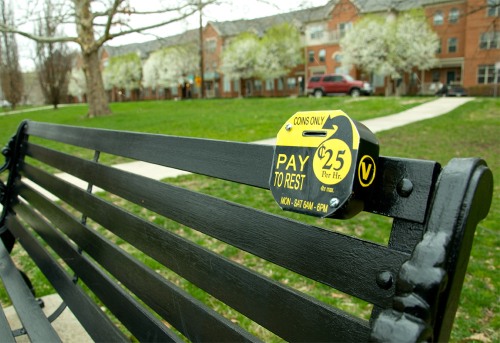Posted in Uncategorized, tagged Art, Economic Crisis on January 15, 2010|
4 Comments »
Bit of a drive-by post here- David Ruccio has a good post from earlier in the week about the movie Up in the Air and how it serves as a commentary on modern capitalism. I saw Up in the Air and really enjoyed it, and was also struck about how timely it was, particularly when showing clips of interviews with people who have been laid off (I think the interviews were fake, but archetypal).
Whether or not Rietman intended it (he started writing the screenplay 6 years ago), “Up in the Air” is a serious comedy about contemporary capitalism. Clearly, in the midst of growing unemployment, a character whose job it is to fly around the country firing employees, and with a minimum of legal exposure, will strike a discordant note with many viewers (that he’s played by Clooney doesn’t make what he does any less objectionable). Apparently (so I have discovered), capitalism has found a way of profiting from doing exactly what Bingham does; there are many firms that specialize in what is euphemistically called corporate downsizing and outplacement services…
And Bingham is the perfect stand-in for capital: he loves the “phomey” simulacra world of air travel (“Everything you hate about travel is why I love it”); he has no connection to anyone or any place..
One of the ironic twists of the movie is that Natalie, fresh out of college and as nihilistic as Clooney, has devised a computer video program (she wants to name it The Terminator, but her boss refuses), which will enable the firing of employees from a remote location, thus replacing Bingham and his co-terminators (or at least keeping them grounded). He is thus forced to try to justify the in-person services he provides, which cannot but fail to convince viewers. Firing workers humanely makes as much sense as the idea of humane executions.
The film exhibits a difficult ambiguity: on one hand, it includes interview segments featuring a combination of real people and actors who relate their experiences of being fired, which would be difficult to watch in any climate, and are even more gut-wrenching in the midst of the current crises; on the other hand, it is permeated with product placement…
Viewers may indeed root for Bingham to make a connection—but not with family members or Alex. We want him to ultimately side with the people he’s firing.
Read Full Post »








